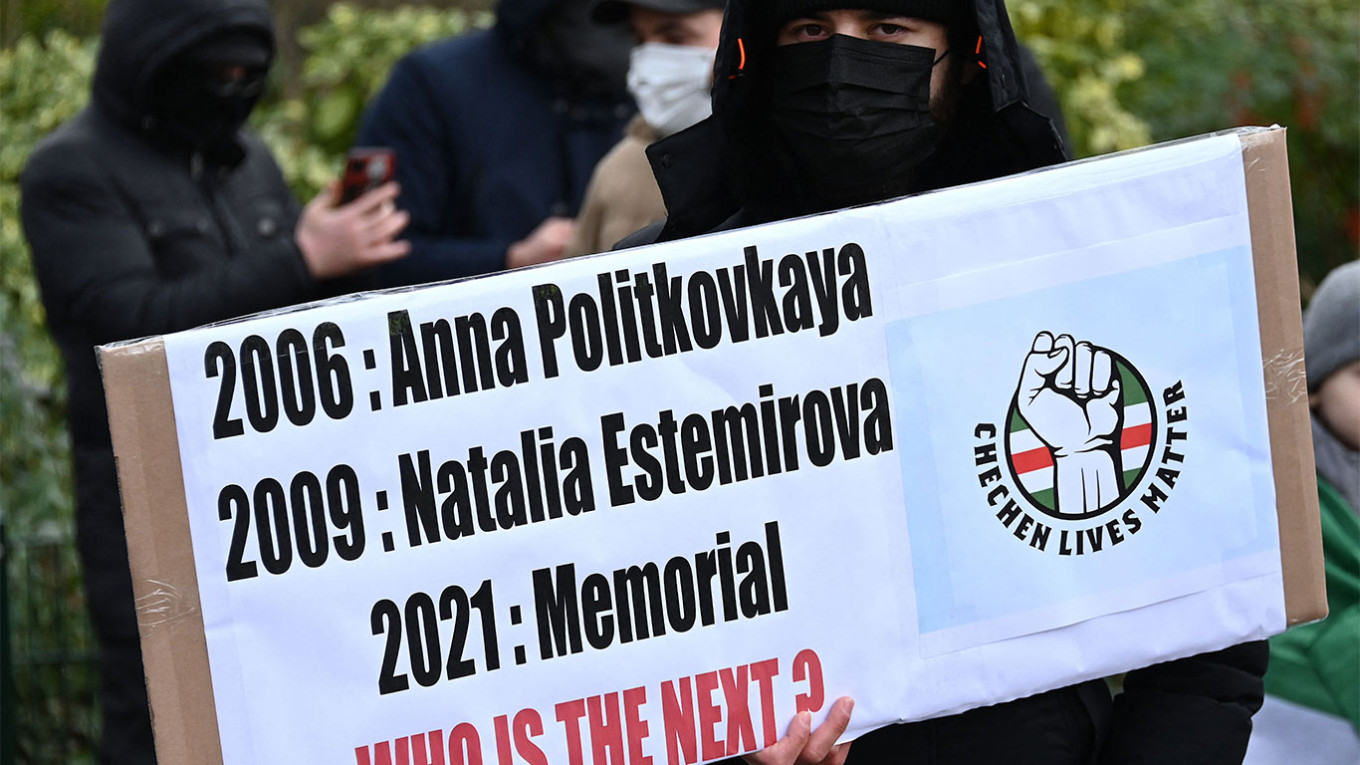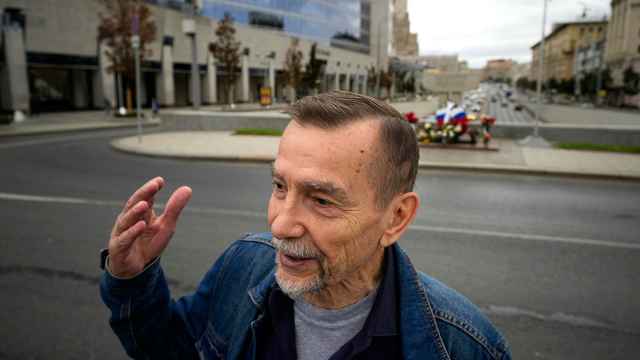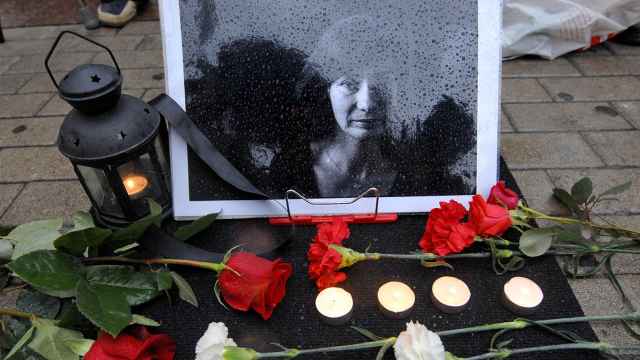European nations should stop sending refugees from the North Caucasus back to Russia as they risk being tortured or being forced to fight in Ukraine, the human rights organization Amnesty International said on Thursday.
The call comes as France pushes to expel more people from the North Caucasus, the home region of radical Islamists who killed French teachers Samuel Paty in 2020 and Dominique Bernard in October last year.
"It is scandalous that despite claims to have frozen all judicial cooperation with Russia following its full-scale invasion of Ukraine, several European states are threatening to send people who fled persecution in Russia's North Caucasus back to the very place where those abuses have occurred," Amnesty International's Europe director Nils Muiznieks said.
The report notes that authorities in a number of European countries, including France, Germany, Poland, Croatia and Romania, have or have tried to send back refugees or asylum seekers who had fled persecution in the North Caucasus.
Russia fought two wars in Chechnya but now, despite sporadic attacks from a lingering Islamist insurgency, the North Caucasus region has grown more stable.
But activists say rights abuses, including torture, arbitrary detention and kidnappings, are rampant, particularly in the republic of Chechnya, ruled by strongman Ramzan Kadyrov.
'Share of responsibility'
Amnesty quoted an asylum seeker as saying that people in Chechnya were being forced to fight for Russian forces in Ukraine.
"People are taken off the streets, and you have two options, either go to jail for 10 years or go to fight," the asylum seeker said.
"Jail in Chechnya... it's like you no longer exist," they added.
In December 2020, France deported a young Chechen Daoud Muradov to Russia based on accusations he was associated with the Islamic State. Upon arrival Russian security agents took him to a forest, where Muradov was stripped naked, electrocuted and faced death threats, Amnesty's report said.
In 2022, he died in detention "under suspicious circumstances."
"I think the French authorities have a share of responsibility for Daoud's death," Amnesty quoted Oyub Titiev of the rights group Memorial as saying.
After French teacher Bernard was murdered by a Russian-born Islamist in October, France's Interior Minister Gerald Darmanin vowed to defy European Court of Human Rights rulings blocking expulsions, saying "protecting the French public is more important than these rules."
The rights group also urged Interpol to suspend Russia, stressing that Moscow was abusing red notices that allow countries to request law enforcement agencies worldwide to extradite suspected criminals.
Amnesty's report also cited the case of Magomed Zubagirov, who fled persecution in Dagestan in 2017. He settled in Ukraine but was forced to flee again when Moscow invaded.
Polish authorities refused Zubagirov entry and deported him to Russia based on an Interpol red notice from Moscow.
"There is no safe place for returnees from the North Caucasus anywhere in Russia," the report said.
A Message from The Moscow Times:
Dear readers,
We are facing unprecedented challenges. Russia's Prosecutor General's Office has designated The Moscow Times as an "undesirable" organization, criminalizing our work and putting our staff at risk of prosecution. This follows our earlier unjust labeling as a "foreign agent."
These actions are direct attempts to silence independent journalism in Russia. The authorities claim our work "discredits the decisions of the Russian leadership." We see things differently: we strive to provide accurate, unbiased reporting on Russia.
We, the journalists of The Moscow Times, refuse to be silenced. But to continue our work, we need your help.
Your support, no matter how small, makes a world of difference. If you can, please support us monthly starting from just $2. It's quick to set up, and every contribution makes a significant impact.
By supporting The Moscow Times, you're defending open, independent journalism in the face of repression. Thank you for standing with us.
Remind me later.






